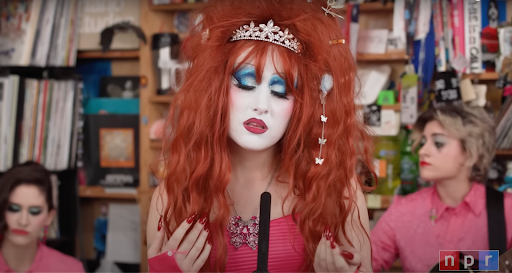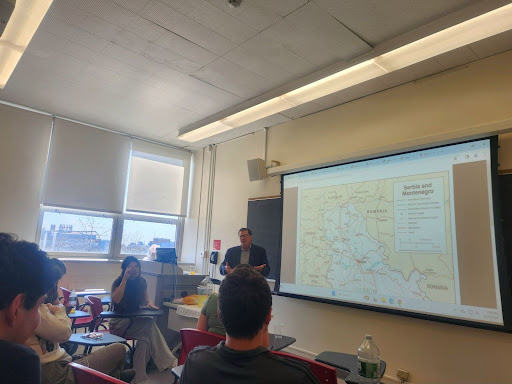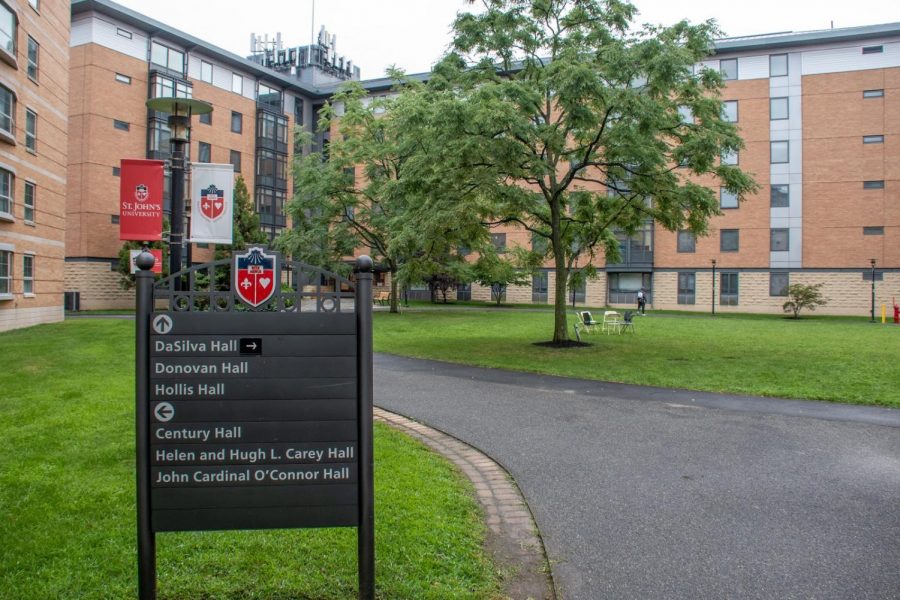When I was in fifth grade, I remember seeing my teacher, Mrs. Grady, shopping in a local supermarket on a weekend. I was shocked, to say the least, to see this authoritative figure – someone I equated only with the classroom – in such a common, social setting.
Now, ten years later, I half expect to receive a friend request on Facebook from Mrs. Grady.
In February 2006, Facebook.com made it possible for just about anyone with an e-mail address to sign up for the social-networking site, turning Facebook into one of the most widely-used and influential Web sites in the entire world.
Alexa Internet, Inc., a Web site that monitors web traffic, claims that Facebook has at least 64 million active users worldwide.
Although the site is still largely geared towards college students, it has taken on a much different tone in the last year or so.
For example, I’ve been warned by more than a few professors and friends that businesses check Facebook profiles before hiring, looking for any incriminating photographs, comments, or groups that applicants may belong to.
But what about professors? Should college students be wary that their teacher might be checking up on them?
Facebook, as far as I’m concerned, has the potential to revolutionize the way students and professors interact. In the next ten years or so, that potential could be realized, as more and more young professors and teachers will still belong to Facebook from their college days and carry that over as they teach.
Speech professor Stephen Llano, the coach of the debate team at St. John’s, is a young professor that is not shy about using social networking sites. He uses his Facebook account as freely as ever, despite knowing that his students can view his profile.
“Many of my friends who are professors are afraid to put up personal information or photos [onto Facebook],” Llano told me. “But I’m very open. My students seem more uncomfortable about it than me.”
Professor Llano’s Facebook page holds a wealth of information about him – we can view his friends’ comments, his wedding photos, causes he supports, and even his status updates.
Are there any benefits for students to be exposed to so much personal information about their professors?
Humanizing a professor can only be a good thing. As English Professor and poet Lee Ann Brown told me the other day, the most effective teachers she had during college were ones that treated her as peers – ones that acknowledged her as a poet as she entered the class.
A site like Facebook collapses that hierarchy seen in the classroom. Professors are not the authoritative figure; instead, it levels the playing field, bringing teachers and students together like never before.
If anything, social networks like Facebook could help students realize that they and professors are more alike than they may have thought. Both are in pursuit of knowledge and are striving to reach academic breakthroughs.
There are, of course, certain boundaries that students need to recognize as Facebook grows in popularity. Professor Llano described to me how he had searched the site for a few of his friends, who are also professors, and ended up finding groups that students had made which cruelly mocked his friends.
“There was vulgar language, even crude drawings,” Llano said. “Being disrespectful is something that students do in circles,” he added, “but it can really hurt people’s feelings when put out freely in the open.”
As we continue to grow more and more dependent on the Internet, stories like Llano’s serve as a cautionary tale. We need to recognize who can view certain materials we may put on Facebook and carefully adjust privacy settings.
Facebook has the potential to help so much in terms of classwork – from note sharing applications to improving communications with professors – so why bring it down with negative and insulting groups and comments that add nothing to the online environment?
There’s no telling where Facebook is headed in the next few years, but it will be interesting to see how students and professors continue to use the site for academic purposes. Tearing down the wall between students and professors could yield positive results.
In ten years, I may very well be a professor, and I may even add my students as friends on my Facebook account.
It just might make teaching a little
bit easier.















